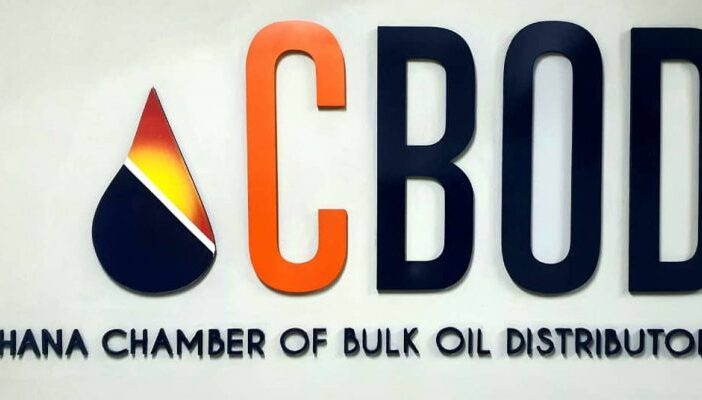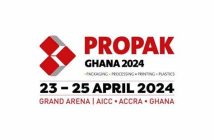The Ghana Chamber of Bulk Oil Distributors (CBOD) has launched in 2019 Petroleum Industry report with a call on government to take steps to quickly end the illegal trade in petroleum products in the downstream sector.
Addressing a virtual gathering on Zoom to launch the report, the Chairperson of the Board of the Chamber, Ivy Appiah Owusu, lamented that gains that had been made in previous years to clamp down on illegal fuel trading have been eroded in recent times.
“This is something the CBOD and industry have spent several months trying to combat. Quite frankly at a point, we thought we had made some progress and saw some traction,” Mrs. Appiah Owusu said. “But it seems this practice has reared its ugly head again and this is one of the key focus areas the CBOD will be working closely with industry to find a lasting solution to.”
Mrs. Appiah Owusu added: “As we delve into the report when we get our hands on our own copies, I will urge each and every one of us to focus on finding practical, bold, innovative and lasting solutions to the most pressing issues facing this industry. And that is what precisely what this report seeks to do.”
The Chief Executive of CBOD, Senyo Hosi, reiterating the issues on the illegal fuel trade, lamented the failure of successive governments to investigate arrest and prosecute those profiting from illicit petroleum dealings.
“The biggest problem is with those who are supposed to watch and make sure criminals don’t thrive – and that is the GRA, the security apparatus and the political establishment, which is as corrupt as the criminals we equally have among the PSPs” Mr. Hosi said.
“We effectively have a state capture situation where almost every phase or strata in the entire chain is heavily compromised. GRA is compromised. National security is compromised. The regulators are compromised. Customs/GRA is compromised. BNI is compromised. A number of times we have had smuggling happening at shore [with]security officials protecting it. If we really have to fix this, we need proper leadership. What we are doing at CBOD is to bring this situation to light. Our politicians are actually being funded by some of these proceeds.”
The 2019 Petroleum industry report marks an evolution from the CBOD Downstream Petroleum Reports published each year since 2016.
The latest report with an enhanced format is designed to provide visibility and insights relevant to decisions and considerations by policymakers, businesses, academics and industry watchers.
The report was prepared with editorial contributions from policy and market experts across the industry.
Unlike the previous editions, which focused mainly on the petroleum downstream sector, the 2019 edition covers segments of both the downstream and upstream sectors of the Ghanaian industry.
Upstream petroleum sector
The upstream sector of the report provides a brief insight into Ghana’s upstream petroleum history and reviews present and historical policy positions and happenings. It also reviews and reports on issues relating to finance, investments, and fiscal policy in the sector.
Downstream petroleum sector
The downstream section of the report maintains the structure of previous reports. It reviews policy, finance and fiscal policy, infrastructure, and market happenings in the sector. The gas section of the report provides a thorough review of the policy, finance, and infrastructure situation of the sector.
Legal
The legal section of the report provides insight into the legal regime regulating Ghana’s petroleum sector and reviews key legal happenings and cases with major policy and investment implications.
The section also presents a position paper on the Aker Energy, GNPC and Government of Ghana petroleum agreement.
Source : citibusinessnews.com





